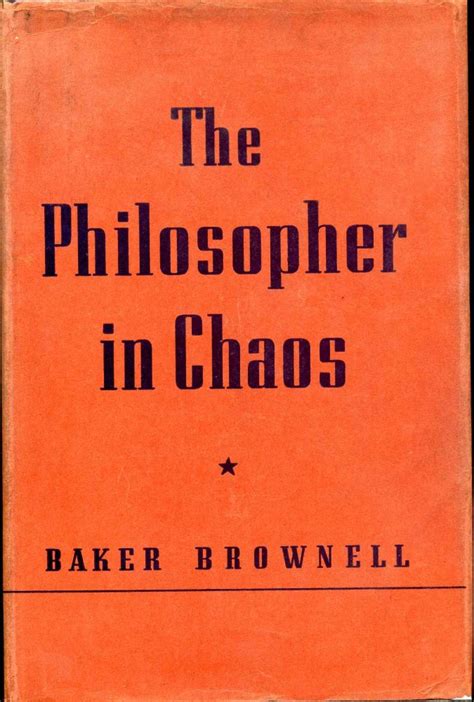A Quote by Marilyn Ferguson
Related Quotes
Pulling a gun's trigger can be an appalling act. But if it is suicidal drawing fire to save someone, it has an utterly different meaning. Placing your hand on someone's arm can be an act of deep compassion or the first step of betrayal. The punch line? It's all about context, and the biology of context is vastly more complicated than the biology of the behavior itself.
Art arises in those strange complexities of action that are called human beings. It is a kind of human behavior. As such it is not magic, except as human beings are magical. Nor is it concerned in absolutes, eternities, "forms," beyond those that may reside in the context of the human being and be subject to his vicissitudes. Art is not an inner state of consciousness, whatever that may mean. Neither is it essentially a supreme form of communication. Art is human behavior, and its values are contained in human behavior.
True doctrine, understood, changes attitudes and behavior. The study of the doctrines of the gospel will improve behavior quicker than a study of behavior will improve behavior. Preoccupation with unworthy behavior can lead to unworthy behavior. That is why we stress so forcefully the study of the doctrines of the gospel.
There isn't any one material that's mine. It all depends on the context. For example, I did a house that had the most exquisite marble applications. That sounds ostentatious, but it wasn't, given the context. The color white I subscribe to extensively. I love thinking about color, but I often go with white.






































